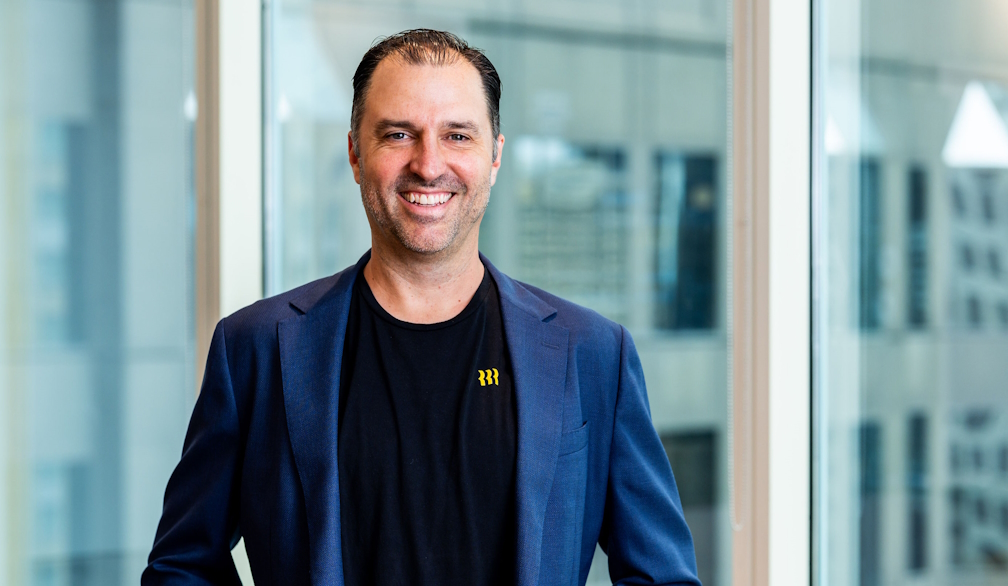Two-fifths of Australian SMB’s admit payroll errors in the past two years

New research from workforce management platform, Rippling, shows two-in-five (39%) Australian SMBs have made a payroll error in the past two years. This signals a significant compliance risk for businesses ahead of impending IR reform changes,
The most common errors include under or overpaying an employee (57%), delayed payment (27%), misgrading an employee (17%) and not making superannuation payments (8%). Subsequently, over a third (35%) of companies are actively looking to switch their existing HR and payroll systems in the next 12 months.
IR changes under the "Closing the Loopholes'' bill look to further compound the issue, criminalising wage theft and promising substantial penalties for those that fail to comply. This places a significant burden on HR and payrolls teams, with over half (53%) of respondents believing it will add more complexity and stress to the payroll function. It is therefore no surprise that 50% of companies are reassessing how they manage payroll as a direct result of IR reforms.
When looking to switch, common pain points SMB’s are looking to avoid include keeping up with legislation and compliance obligations (40%), the length of time it takes to process (34%), the cost per employee (24%) and complexity (23%).
The move to remote working and hiring more geographically dispersed staff is also creating a headache for HR teams, with almost three-fifths (58%) agreeing that this has created an additional layer of complexity.
A reliance on outdated and non-automated systems is contributing significantly to these issues and the high-rate of error on payroll, with almost half (48%) of Australian small businesses still relying on manually inputting employee data, opening the door for incorrect data input.
Repeating this process across multiple siloed systems is then exacerbating the issue, with almost half (45%) of SMBs employing three or more solutions, and over one-in-ten (11%) using five or more, further complicating the process and increasing the margin for error.
“Paying your employees is a fundamental part of operating a business, but it’s something that companies are getting wrong again and again. Payroll errors can be hugely detrimental to employee morale and damage company reputation, so it’s imperative that companies do all they can to limit the risk of human error taking place,” said Matt Loop, VP and Head of Asia at Rippling. “It’s extremely challenging for businesses to keep employee data consistent when it’s scattered across disparate, siloed systems. This is why Rippling has built an all in one system to manage your employee data. This significantly reduces the margin for error and enables companies to automate tasks, access key insights and run their payroll more efficiently.”
To help Australian companies better overcome these challenges and modernise their legacy payroll, HR, IT, and finance systems, leading workforce management platform, Rippling, is embarking on a multi-year investment initiative in Australia. Last week, the company announced the opening of its regional headquarters in Sydney, Australia. Rippling has scaled its Sydney team to 30 as part of its investment in the region and aims to create additional jobs across sales, marketing and product functions over the coming months.
About Rippling
Rippling gives businesses one place to run HR, IT, and Finance. It brings together all of the workforce systems that are normally scattered across a company, like payroll, expenses, benefits, and computers. For the first time ever, you can manage and automate every part of the employee lifecycle in a single system.
Take onboarding, for example. With Rippling, you can hire a new employee anywhere in the world and set up their payroll, corporate card, computer, benefits, and even third-party apps like Slack and Microsoft 365—all within 90 seconds.
Based in San Francisco, CA, Rippling has raised $1.2B from the world’s top investors—including Kleiner Perkins, Founders Fund, Sequoia, Greenoaks and Bedrock—and was named one of America's best startup employers by Forbes (#12 out of 500).







